Corrosive Substances
Corrosive substances are materials that have the ability to cause damage or destruction to other materials, typically through a chemical reaction called corrosion. When a corrosives comes into contact with another material, it can eat away or deteriorate that material over time.
Corrosive substances usually have acidic or alkaline properties. Acids, such as sulfuric acid or hydrochloric acid, are commonly corrosive. They can react with metals, causing them to rust or dissolve. Alkalis, such as sodium hydroxide or potassium hydroxide, are also corrosive and can damage materials by breaking down their chemical structure.
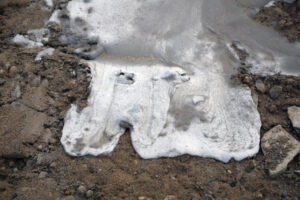
Corrosive substances can be harmful to living tissues as well. If they come into contact with the skin, eyes, or respiratory system, they can cause burns, tissue damage, or other injuries.
It’s important to handle, transport and store corrosive substances with care, using appropriate safety precautions and protective equipment, as they can pose significant risks to both materials and human health.
Check out our Dangerous Goods Storage cabinet range:
-
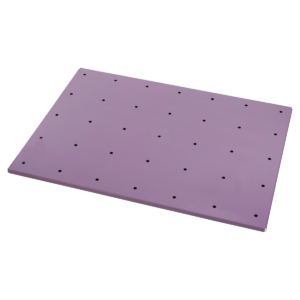 Dangerous Goods Storage Cabinet and Cage Shelves & Trays$29.76 – $218.70 excl. GST
Dangerous Goods Storage Cabinet and Cage Shelves & Trays$29.76 – $218.70 excl. GST -
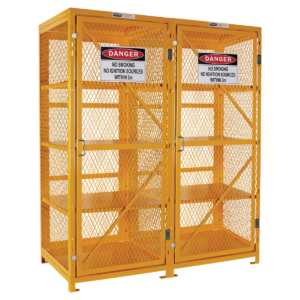 Aerosol and Gas Cages | Flatpack$596.97 – $2,346.52 excl. GST
Aerosol and Gas Cages | Flatpack$596.97 – $2,346.52 excl. GST -
 Aerosol and Gas Cages | Assembled$1,202.85 – $3,182.14 excl. GST
Aerosol and Gas Cages | Assembled$1,202.85 – $3,182.14 excl. GST -
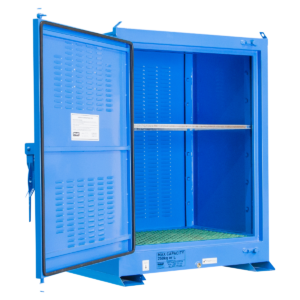 Dangerous Goods Outdoor Cabinets$2,097.90 – $4,293.00 excl. GST
Dangerous Goods Outdoor Cabinets$2,097.90 – $4,293.00 excl. GST -
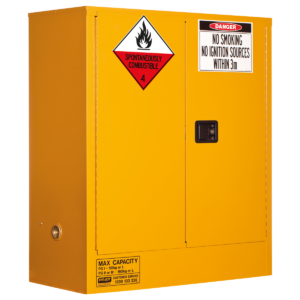 Class 4 Dangerous Goods Storage Cabinets$1,532.61 – $2,475.30 excl. GST
Class 4 Dangerous Goods Storage Cabinets$1,532.61 – $2,475.30 excl. GST -
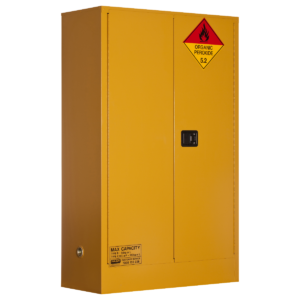 Organic Peroxide Storage Cabinets$1,364.88 – $2,307.58 excl. GST
Organic Peroxide Storage Cabinets$1,364.88 – $2,307.58 excl. GST -
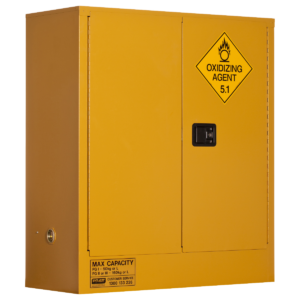 Oxidizing Agent Storage Cabinets$1,364.88 – $2,307.58 excl. GST
Oxidizing Agent Storage Cabinets$1,364.88 – $2,307.58 excl. GST -
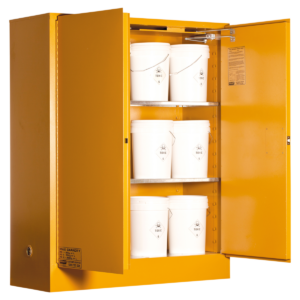 Toxic Substance Storage Cabinets$1,301.27 – $2,735.55 excl. GST
Toxic Substance Storage Cabinets$1,301.27 – $2,735.55 excl. GST -
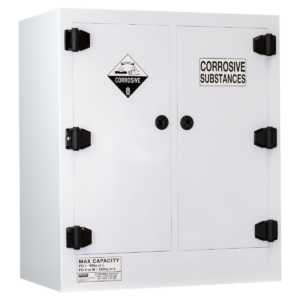 Corrosive Substance Storage Cabinets | Polyethylene$1,863.00 – $4,851.90 excl. GST
Corrosive Substance Storage Cabinets | Polyethylene$1,863.00 – $4,851.90 excl. GST
